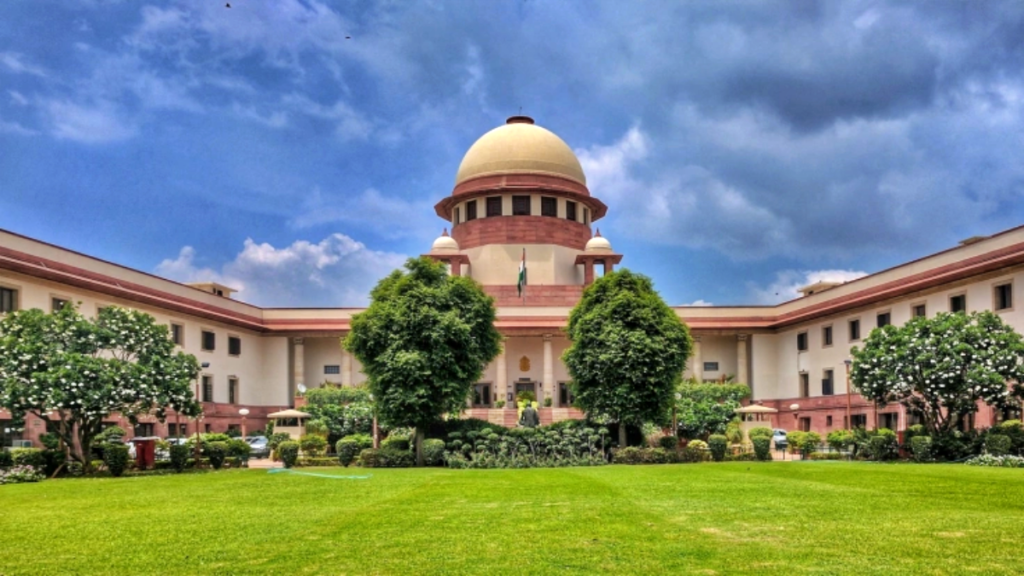
New Delhi: In a significant ruling, the Supreme Court has declared that possessing videos related to child pornography on your phone can lead to severe legal consequences. Under the Protection of Children from Sexual Offences (POCSO) Act, individuals found with such content will face criminal charges and potentially long-term imprisonment.
Supreme Court Overturns Madras High Court’s Decision
The Supreme Court, led by Chief Justice of India (CJI) DY Chandrachud, has overturned a controversial decision by the Madras High Court. The High Court had previously ruled that privately watching or downloading child pornography did not fall under the POCSO Act. However, the Supreme Court has now clarified that possessing any form of pornographic material involving children is a criminal offense under the POCSO Act.
Strong Reprimand for Madras High Court
According to Live Law, the Supreme Court bench criticized the Madras High Court for its “serious error” in dismissing criminal proceedings against an accused individual. The apex court has also recommended amendments to the POCSO Act, suggesting the term “child pornography” be replaced with “child sexual abuse and exploitative material”.
Background of the Case
Earlier this year, the Supreme Court had issued a notice on a petition challenging the Madras High Court’s order, which stated that downloading and possessing child pornography was not a crime. The case originated when Chennai Police seized a phone from an accused individual and discovered downloaded child pornography. An FIR was registered under Section 67B of the IT Act and Section 14(1) of the POCSO Act.

Madras High Court’s Initial Judgment
The Madras High Court had quashed the FIR and criminal proceedings against the 28-year-old accused, arguing that merely downloading and watching child pornography privately did not constitute an offense under the POCSO Act. Justice N. Anand Venkatesh’s bench contended that since the accused did not share or publish the material, it could only be considered moral turpitude.





































